Should We Ignore Dental Problems or Should We Pay Attention to Them?
2025-03-24
2024-11-05
The type of CAM equipment used in a dental clinic or dental laboratory depends greatly on the type of material required for the product. Common material choices include:
Porcelain: for optimal aesthetics (appearance) but less strength in anterior restorations
Resin: provides greater flexibility in full or partial coverage restorations
Polymethylmethacrylate (PMMA): for temporary restorations

Ceramics (lithium disilicate): mainly used for veneers to cover cosmetic defects or to restore the mechanical function of the tooth. Using CAD/CAM technology, veneers can be quickly customised and fabricated, shortening the treatment time and giving immediate results
Zirconia: excellent mechanical strength in crowns and posterior restorations

Cobalt chromium alloys: for RPD brackets, implants and orthodontic appliances
Polyether ether ether ketone (PEEK): for machining and fabrication, particularly suitable for morphologically complex structures
These materials can be used for the manufacture of crowns, inlays, high inlays, veneers, bridges, full or partial dentures, implant restorations, removable partial dentures and many other dental products through the use of CAD/CAM technology, which not only improves the precision and quality of the restorations, but also considerably shortens the treatment time and improves the comfort of the patient.
Click to learn more: /materials/

Dry & wet milling for zirconia, PMMA, wax with auto tool changer.
learn more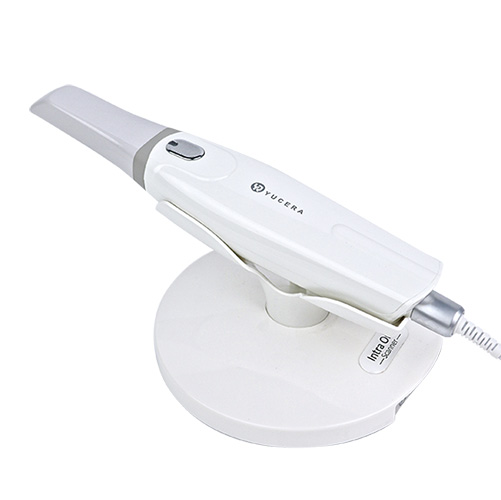
High-precision 3D scanning, AI calibration, full-arch accuracy.
learn more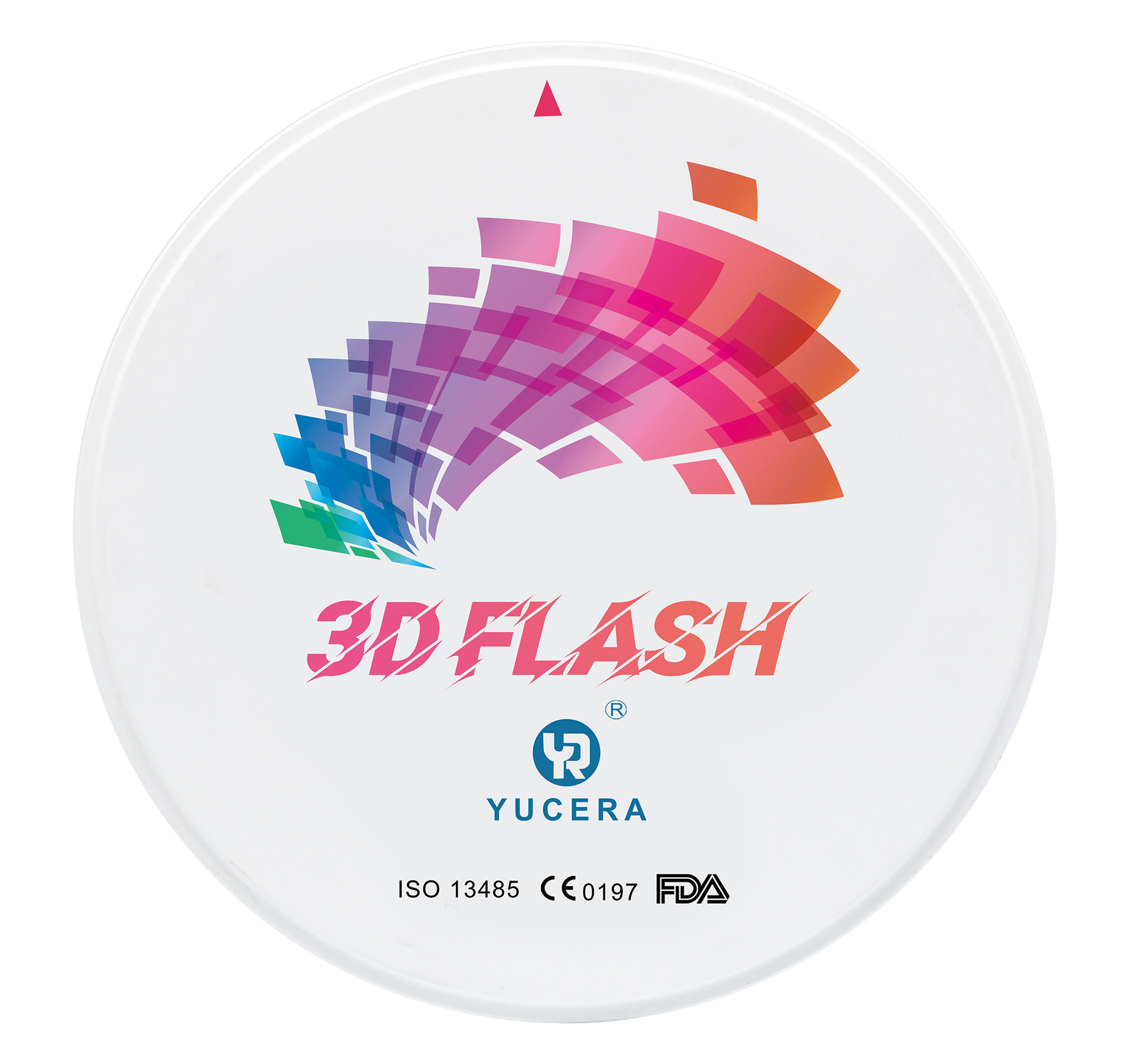
40-min full sintering with 57% incisal translucency and 1050 MPa strength.
learn more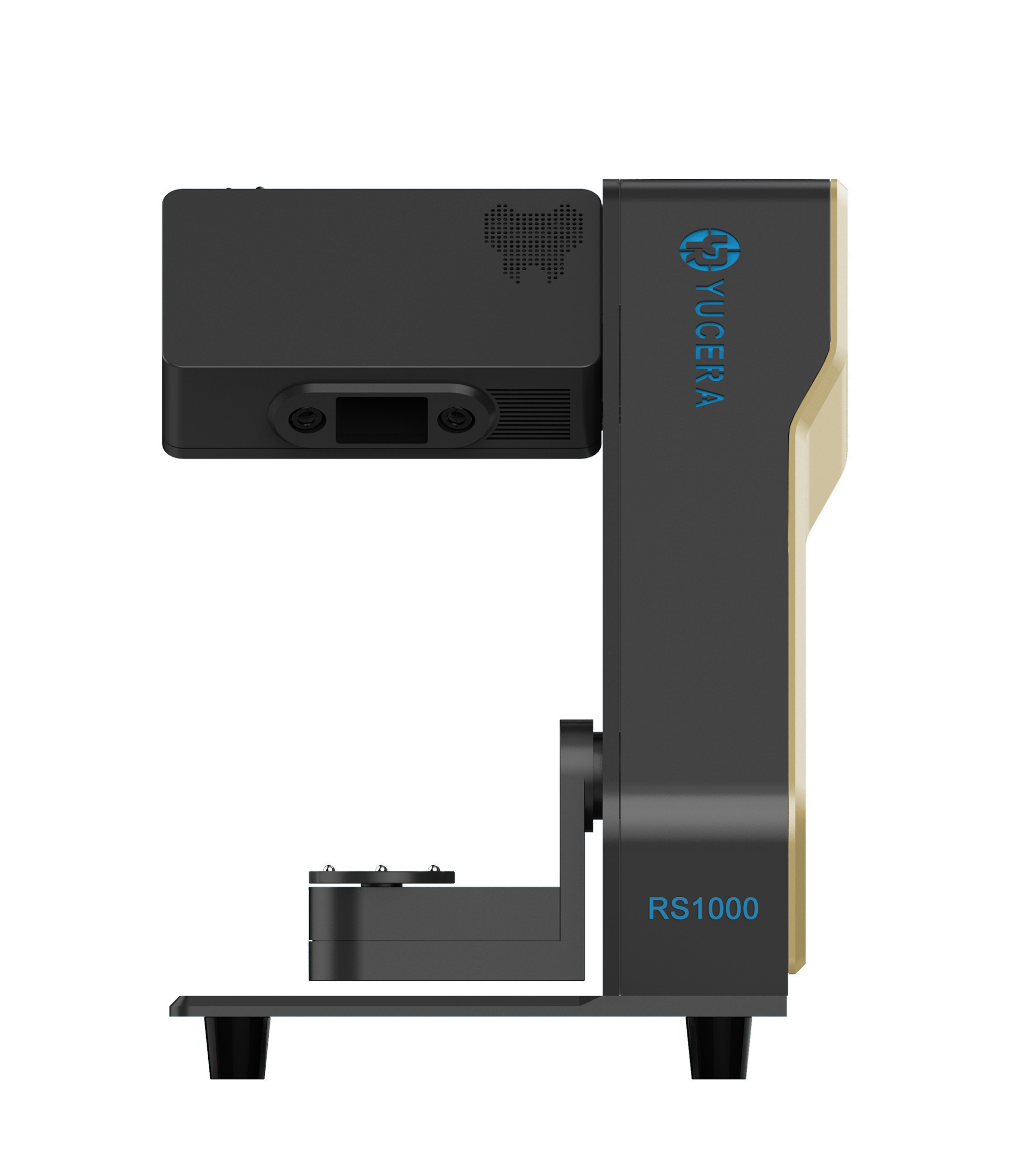
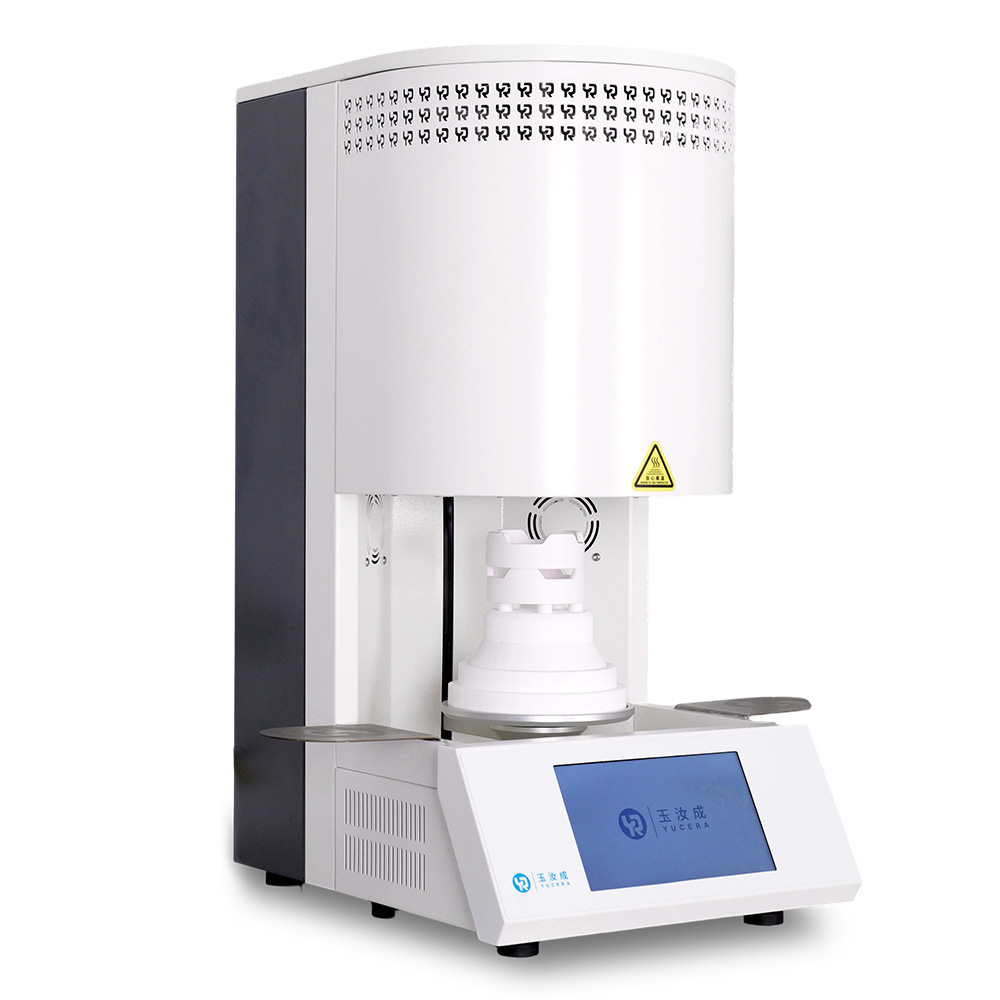
40-min cycle for 60 crowns, dual-layer crucible and 200°C/min heating.
learn more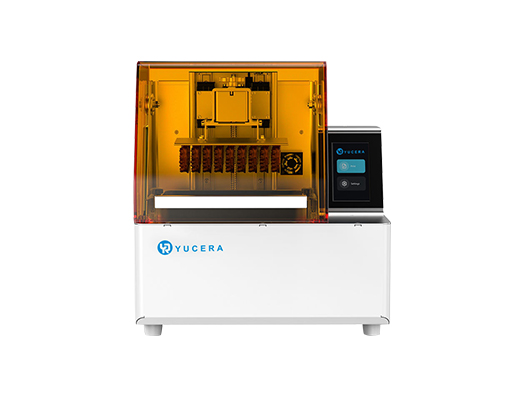
High-speed LCD printer for guides, temporaries, models with 8K resolution.
learn more